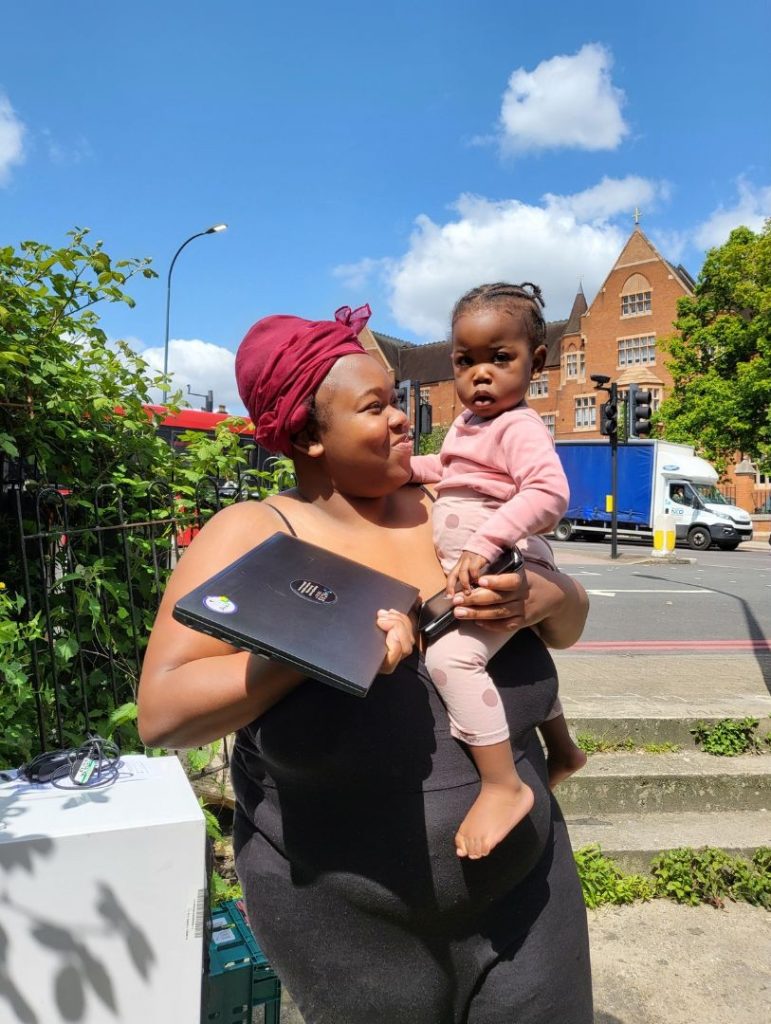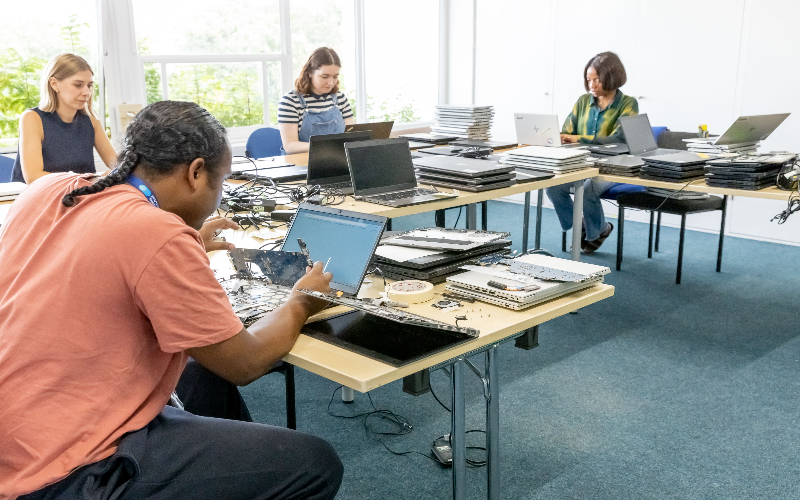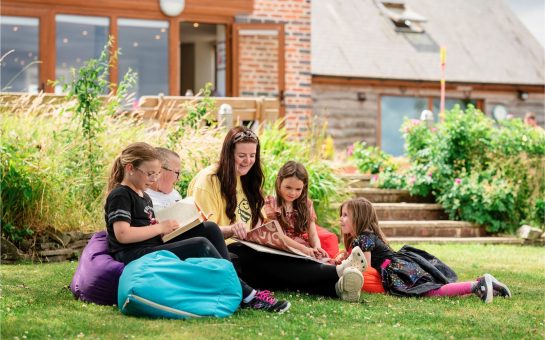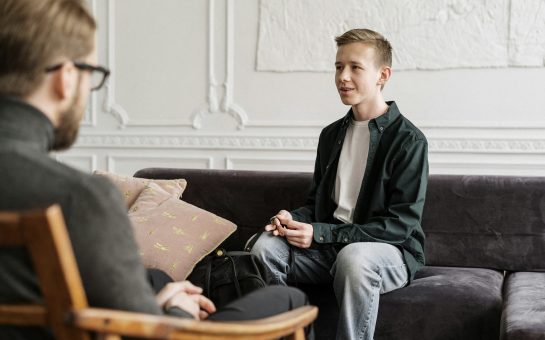A Lambeth-based charity which aims to tackle the digital divide by distributing refurbished tech to those in need has expanded its operations.
Community TechAid started in March 2020, as a result of the pandemic, when the need for electronic devices for children increased drastically.
At the time, it was a voluntary group called Lambeth TechAid, but since 2021, it has become a charity and fostered its new name.
The charity has expanded to Southwark, and with its increasing activity, more and more people have benefited from the services they offer.
Over the years, the charity has partnered with more than 400 organisations, such as schools, refugee groups, food banks, and mental health support services.
Stephanie Charbine has been a part of Community TechAid since March 2021 and is now working there full time as a partnerships and engagement manager.
She said: “The digital divide isn’t going anywhere.”

Between 2022 and 2024, Community TechAid has gifted more than £160,000 worth of technology and two thousand devices to the community – a 50% increase compared to the 2020-2022 period.
An important factor behind the charity’s success was that it received donations from corporations, who provided it with more access to devices.
Another significant change since the pandemic ended was the ability for Community TechAid to deepen its links to the people it helps, by opening its digital community hub, which offers digital workshops.
Charbine said: “Community is something that we live, breathe and really truly believe in.”
She spoke about a beneficiary the charity was able to help.
The pensioner, who the charity has chosen not to name, was unable to access her NHS imagery because the only two options available to her were to access them digitally through the NHS phone app, or via a CD Rom and she did not own a smartphone nor have a CD Rom reader on her laptop.
After reaching out to Community TechAid, she was able to access the imagery.
“Being online, or having a smartphone isn’t a luxury,” Charbine added.
Community TechAid’s work is happening amid a report from Good Things Foundation, a digital inclusion charity, which found 7.9 million individuals were lacking basic digital skills in July 2025.
The report also found the digital divide has other knock-on effects including the fact those with restricted internet access suffer from higher costs of living, with food costs being 50% higher than for those with connectivity.
Featured Image: Community TechAid





